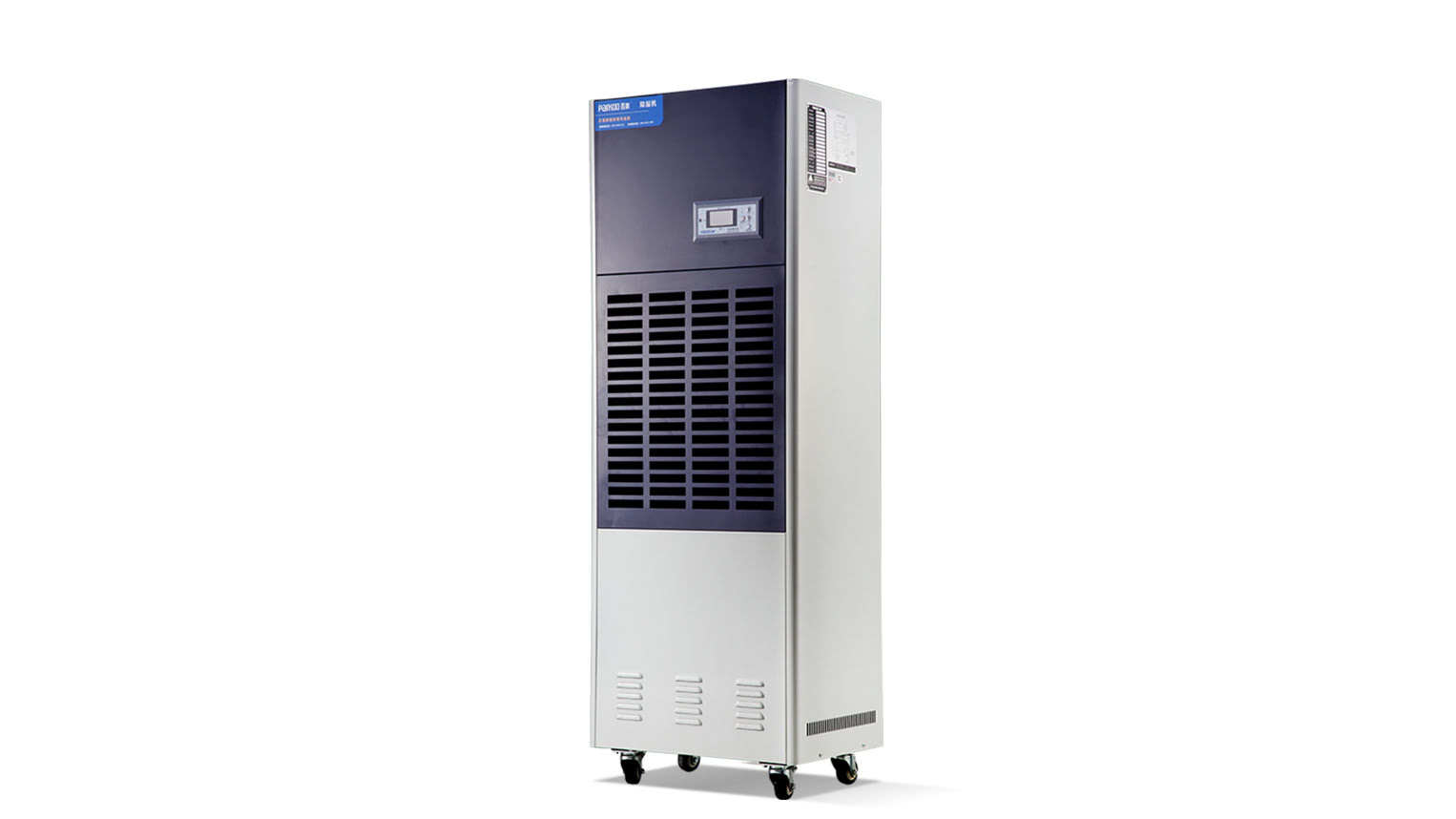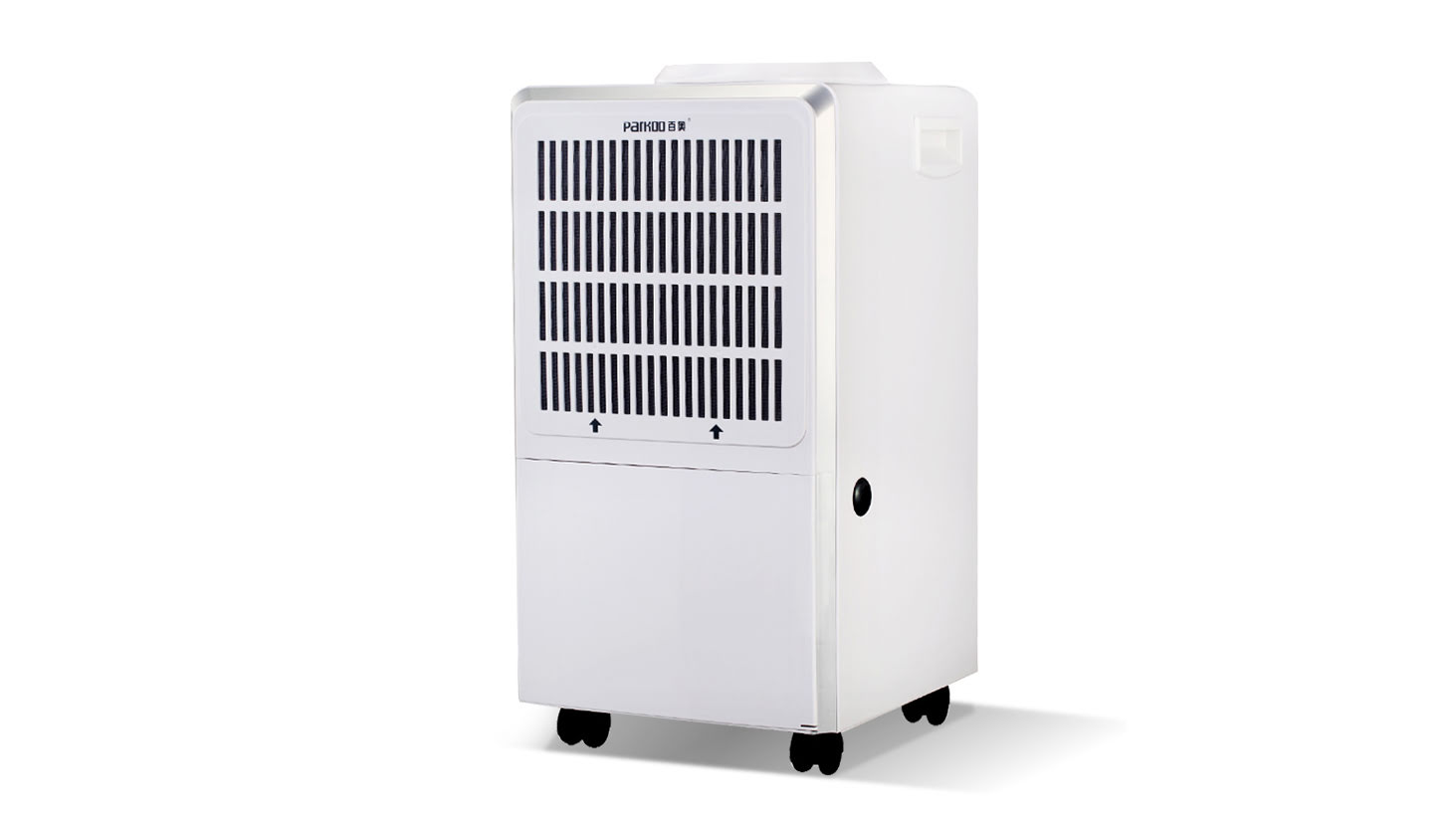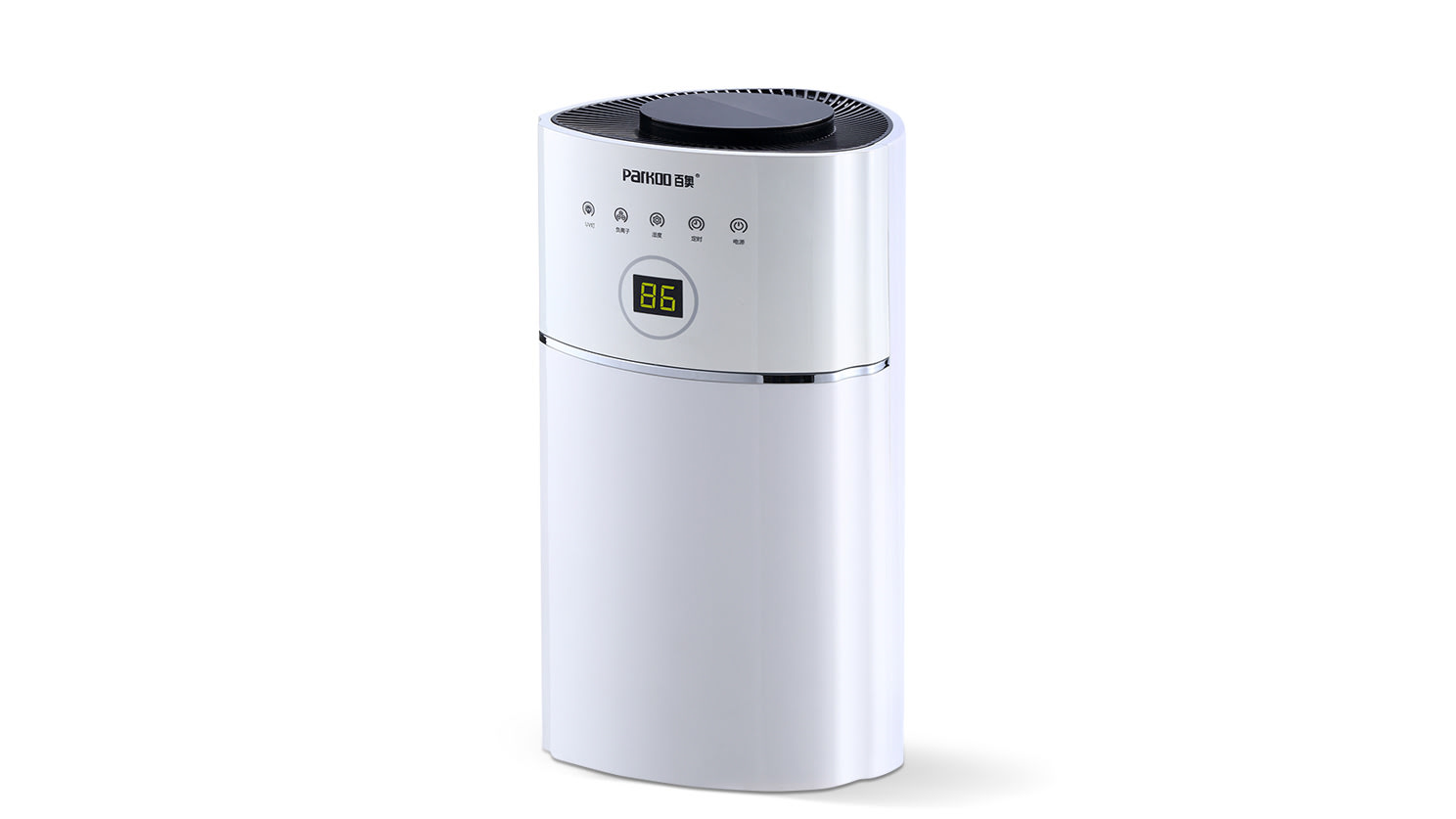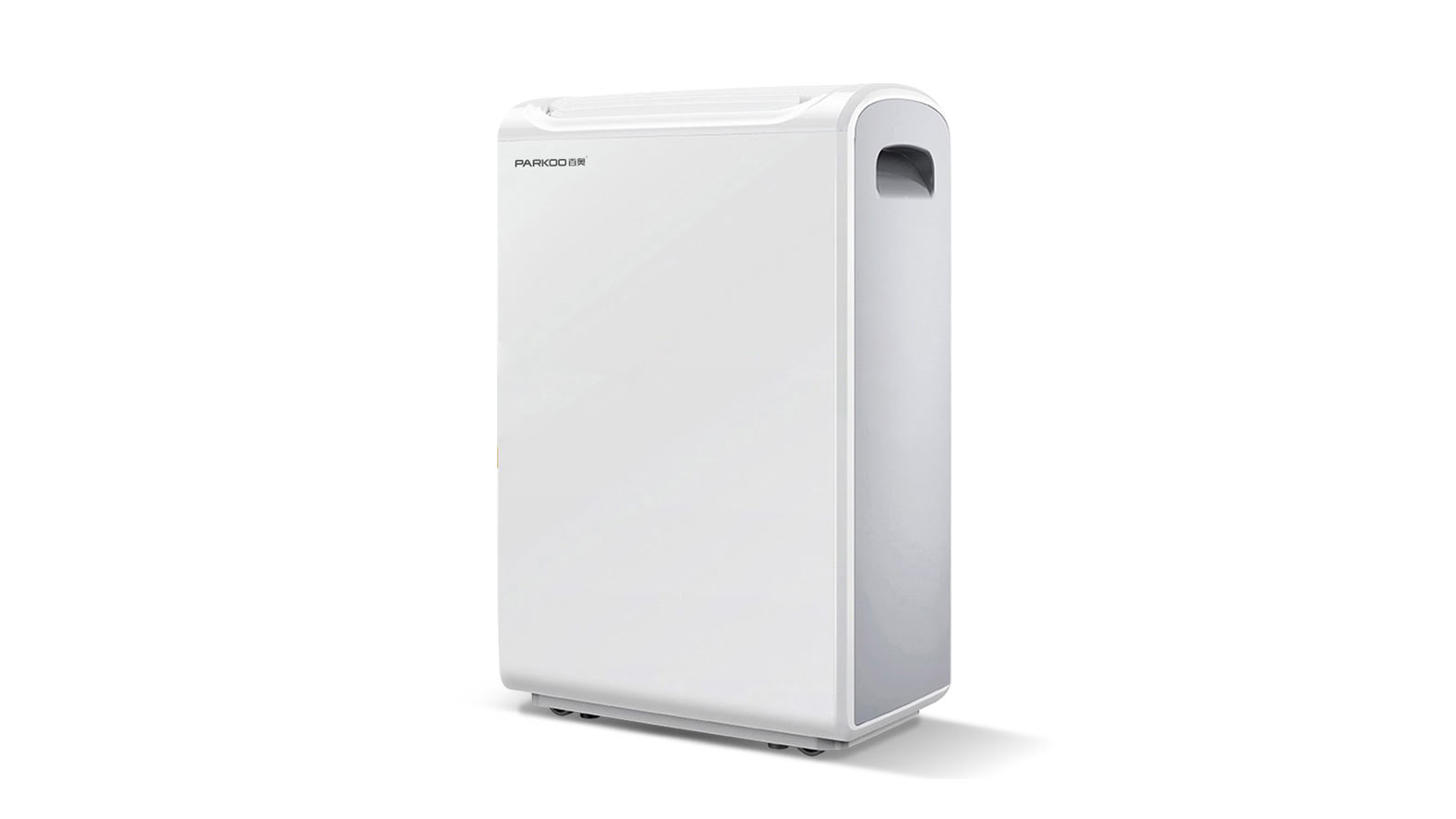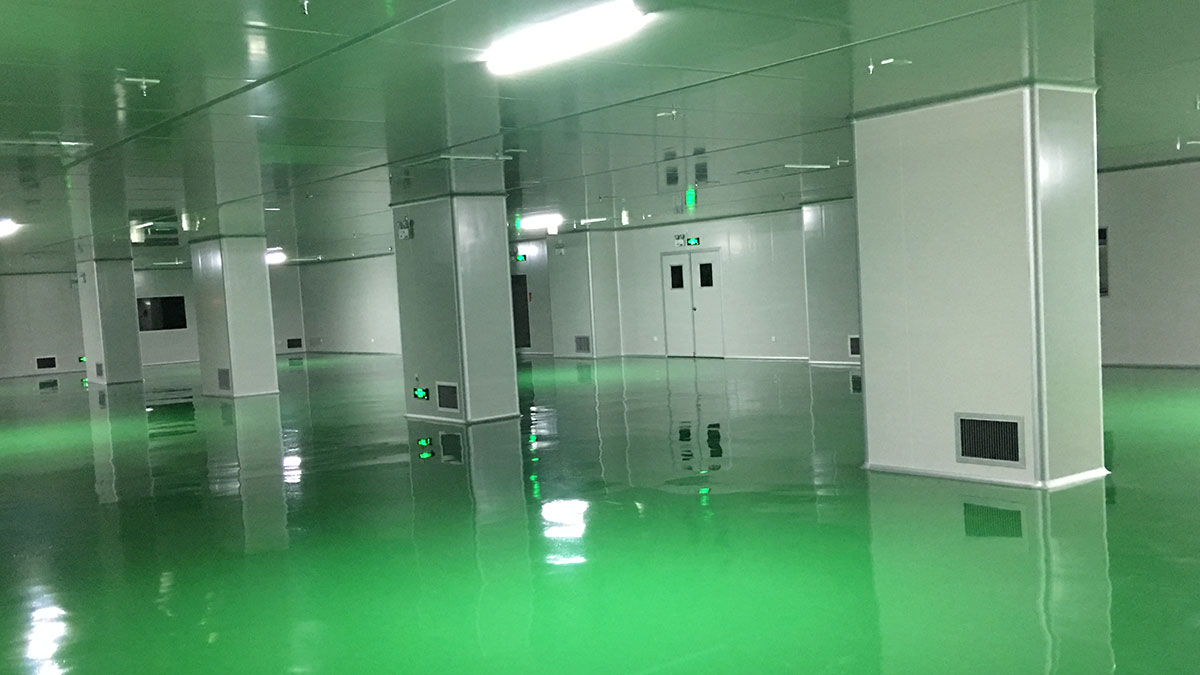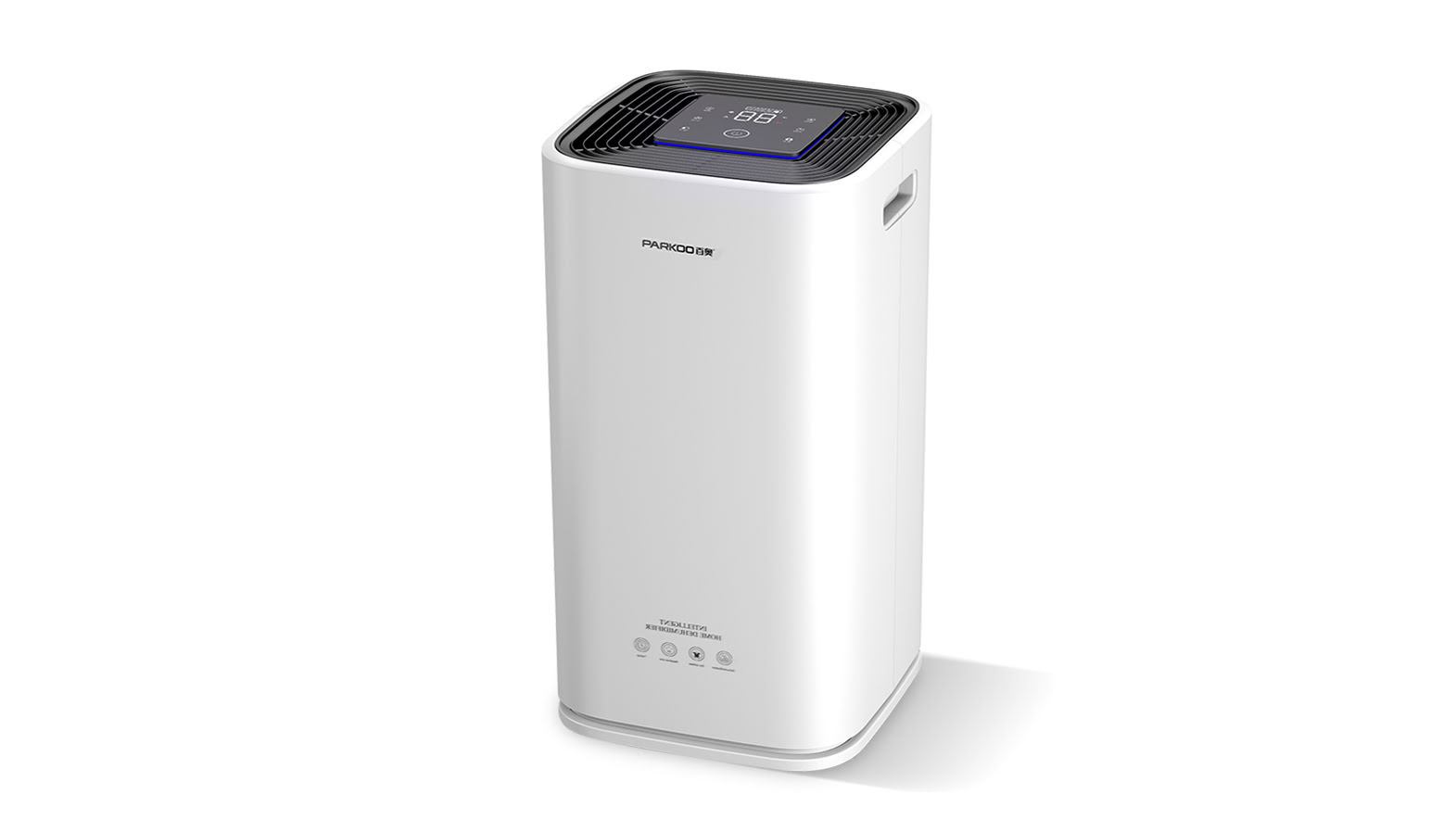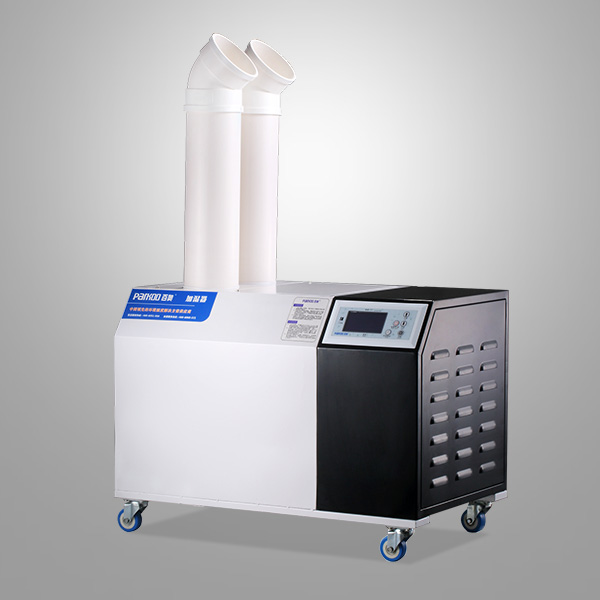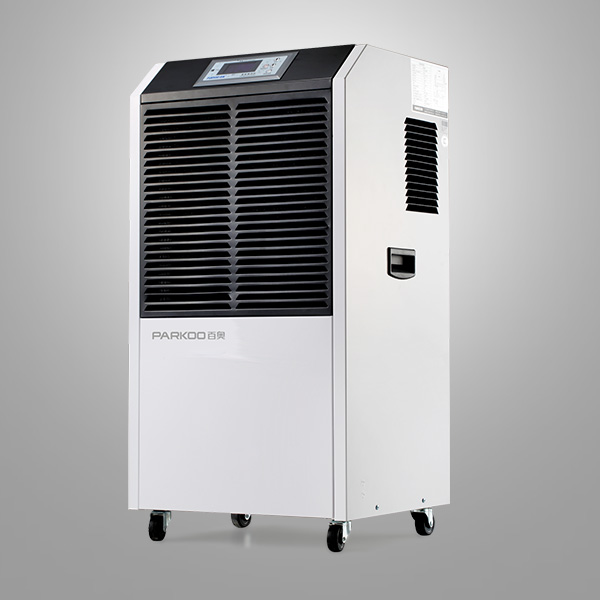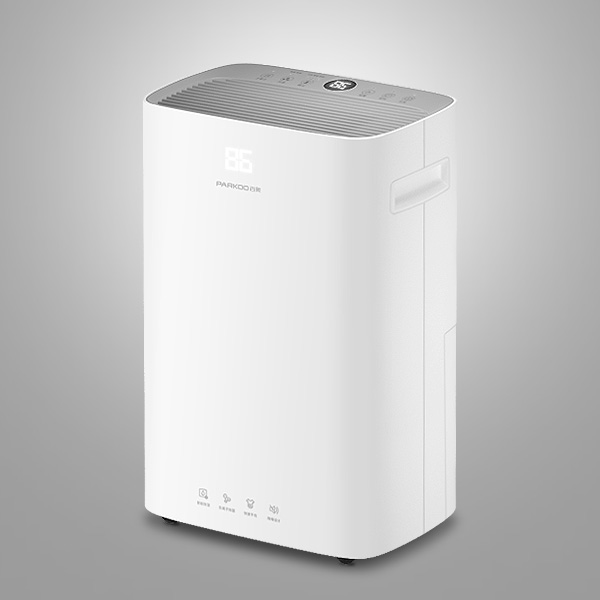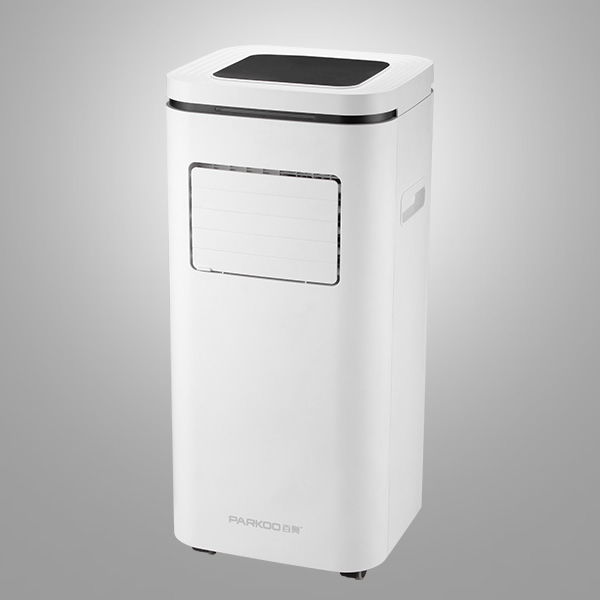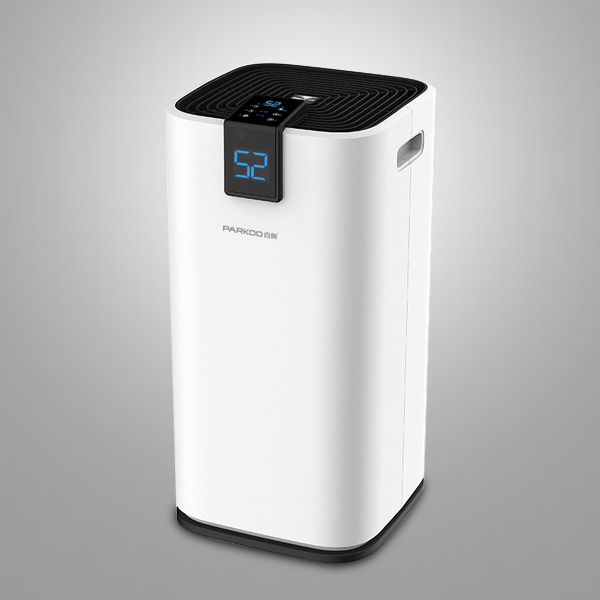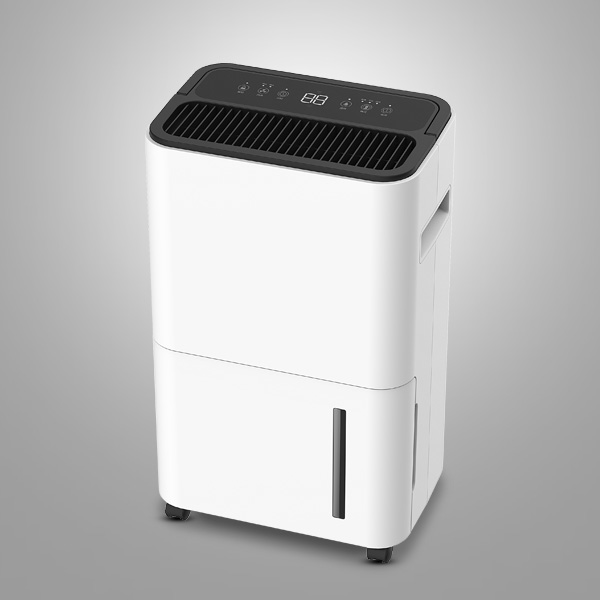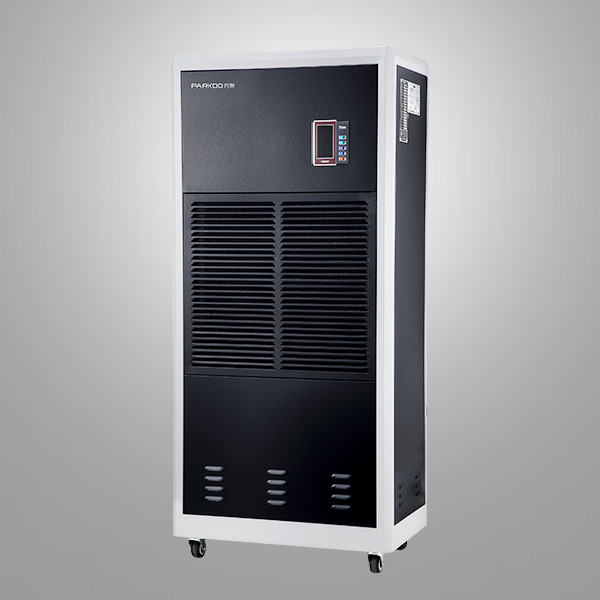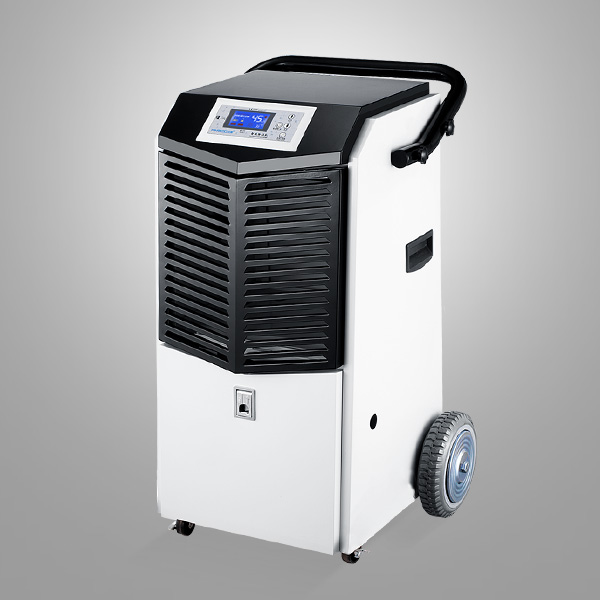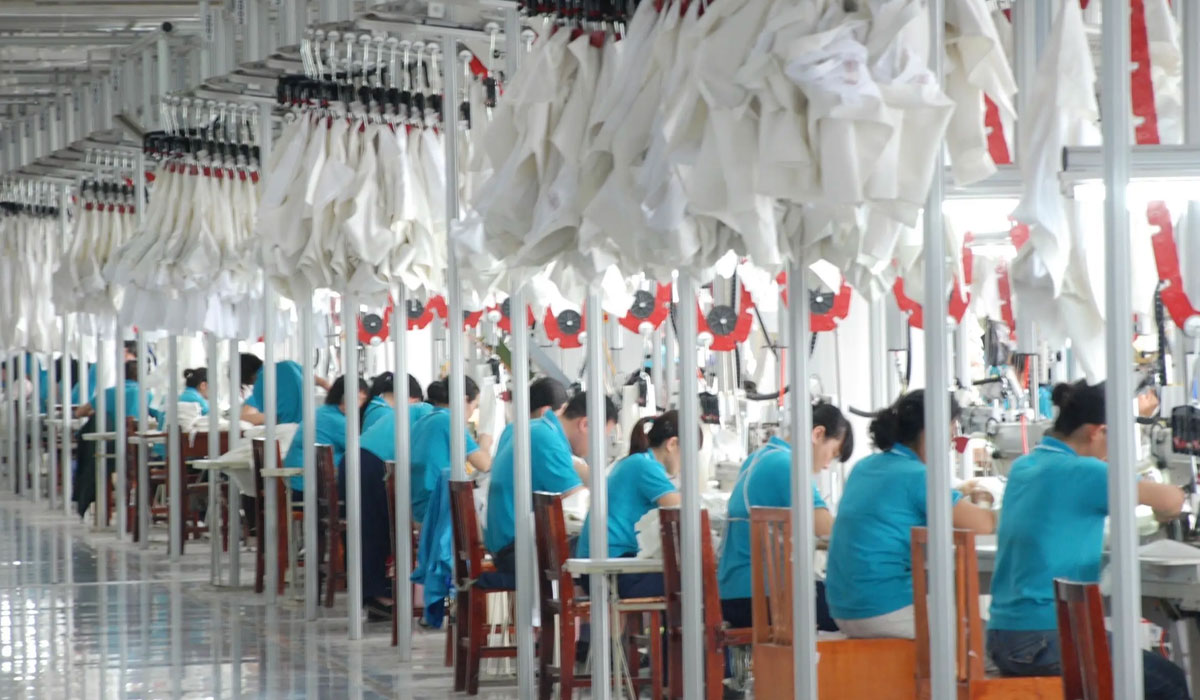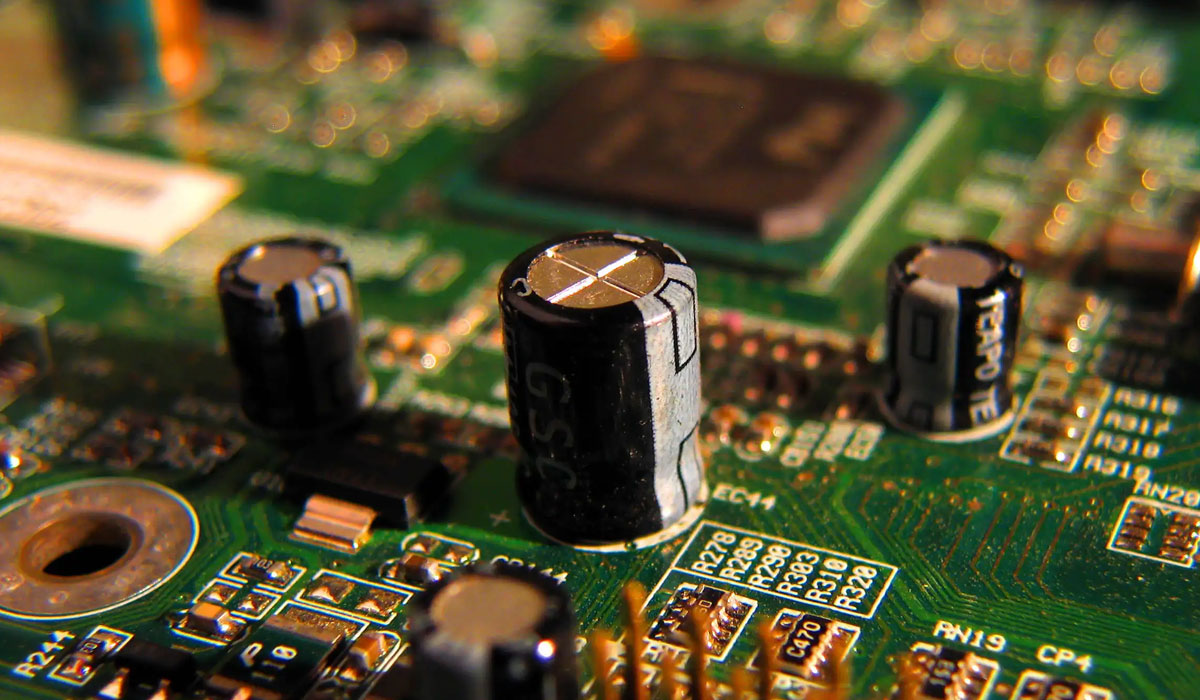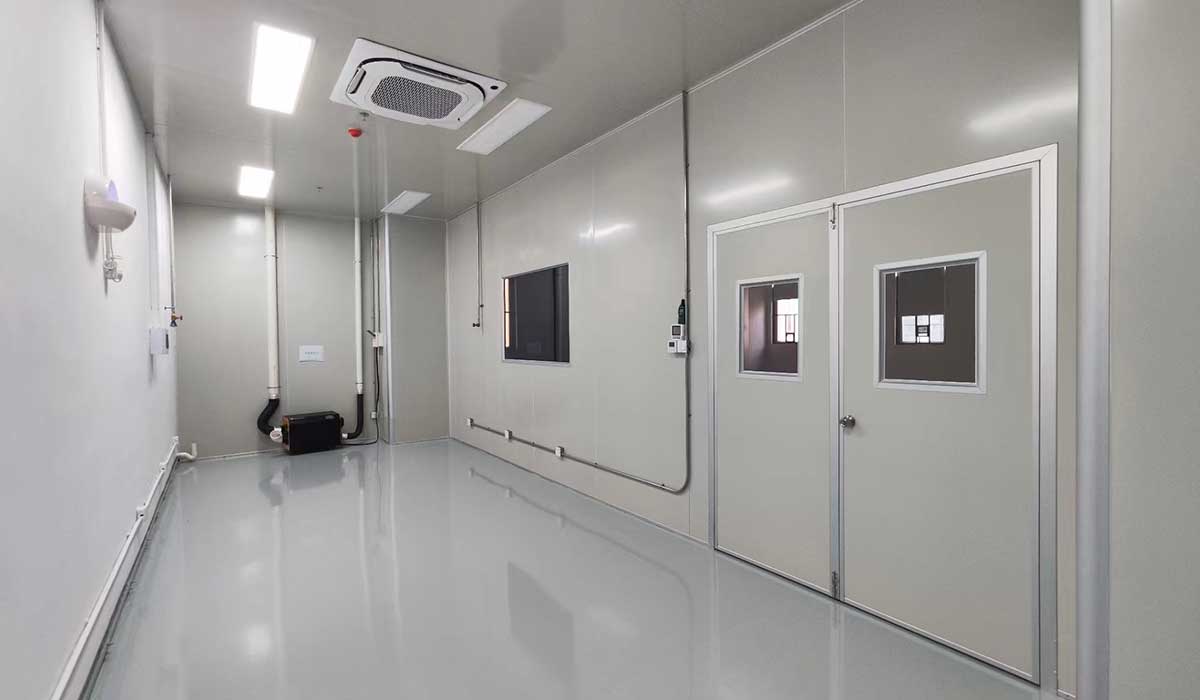Laboratory rotary dehumidifier, low humidity laboratory humidity control is no longer difficult.
Technical updates
Recently, there was a phone call to inquire that the laboratory needs to control the environmental humidity at RH20%.
I asked many suppliers on the market, saying they cannot meet their needs,
Ask if we have a dehumidifier that can meet this requirement Our customer service response: You have found the right dehumidifier and we have all the dehumidifiers you want
To control humidity below RH30%, a rotary dehumidifier is required
Air humidity is one of the important indicators of the production environment
It will directly affect the accuracy, safety, and effectiveness of experiments
It is an essential environmental parameter in laboratory design
Some high-precision and cutting-edge products such as biopharmaceuticals Aerospace,
Materials, information electronic instruments, electronics, and other industry products
have strict requirements for air humidity during production
,
Did you successfully complete the construction task of a low humidity laboratory
It can maximize the humidity control of the laboratory
The main structure of the rotary dehumidifier is a continuously rotating honeycomb shaped drying wheel.
The rotary wheel is composed of a special ceramic fiber carrier
and activated silica gel.
The complexity and precision oftest every professional, and
is also a key factor in the success or failure of later debugging The circular wheel is divided into two zones: the dehumidification zone at 270 ° and the regeneration zone at 90 ° At the beginning of dehumidification, moist air is sucked into the dehumidification zone on the rotating wheel.
The moisture in the air is absorbed by the hygroscopic agent and turned into dry air.
The hygroscopic agent that has absorbed the moisture slowly enters the regeneration zone
The hygroscopic agent in the regeneration area is dried by hot air above 120 ℃.
The water in the adsorbent is decomposed and sucked out, and taken away and discharged outdoors To restore the water absorption capacity of the hygroscopic agent, it is necessary to switch back to the dehumidification zone. Through this cycle, the dehumidification effect is achieved
Not only is it widely used in cold storage, pharmaceuticals, lithium batteries, film workshops, glass laminations, and other places, but
also plays an important role in the application of food and seafood dry goods.
